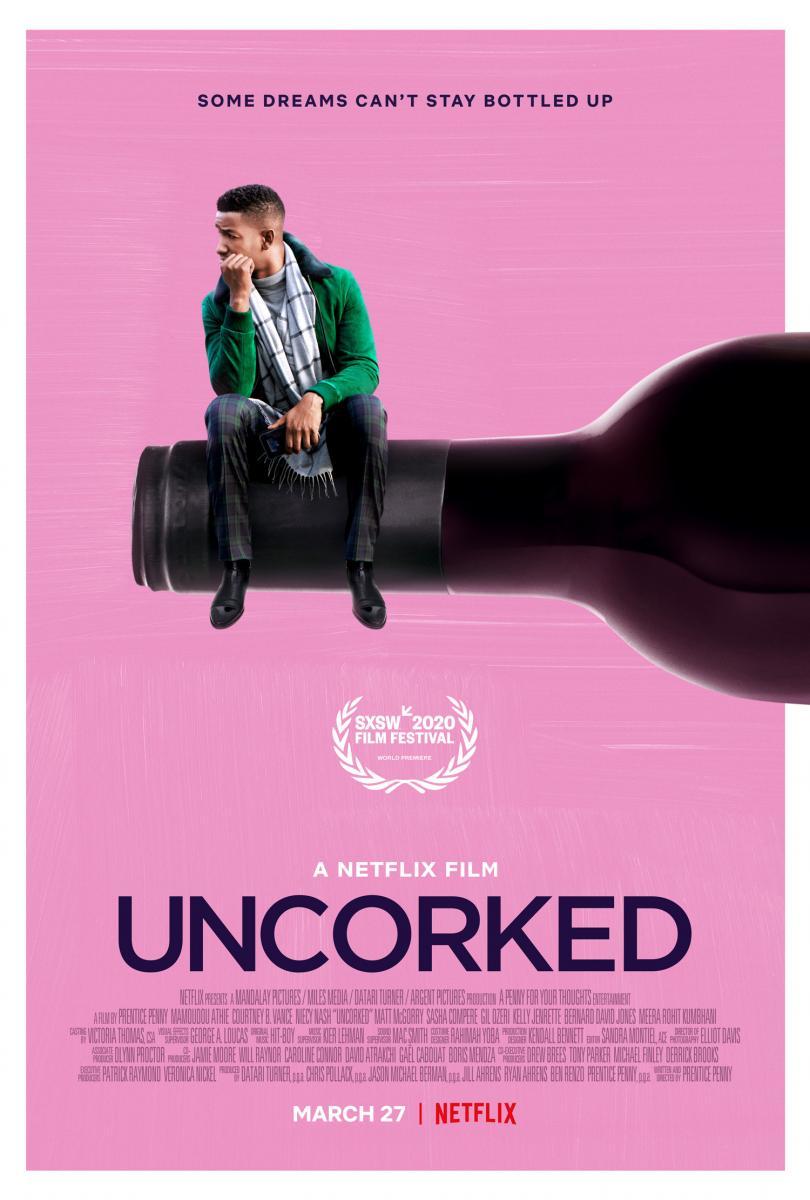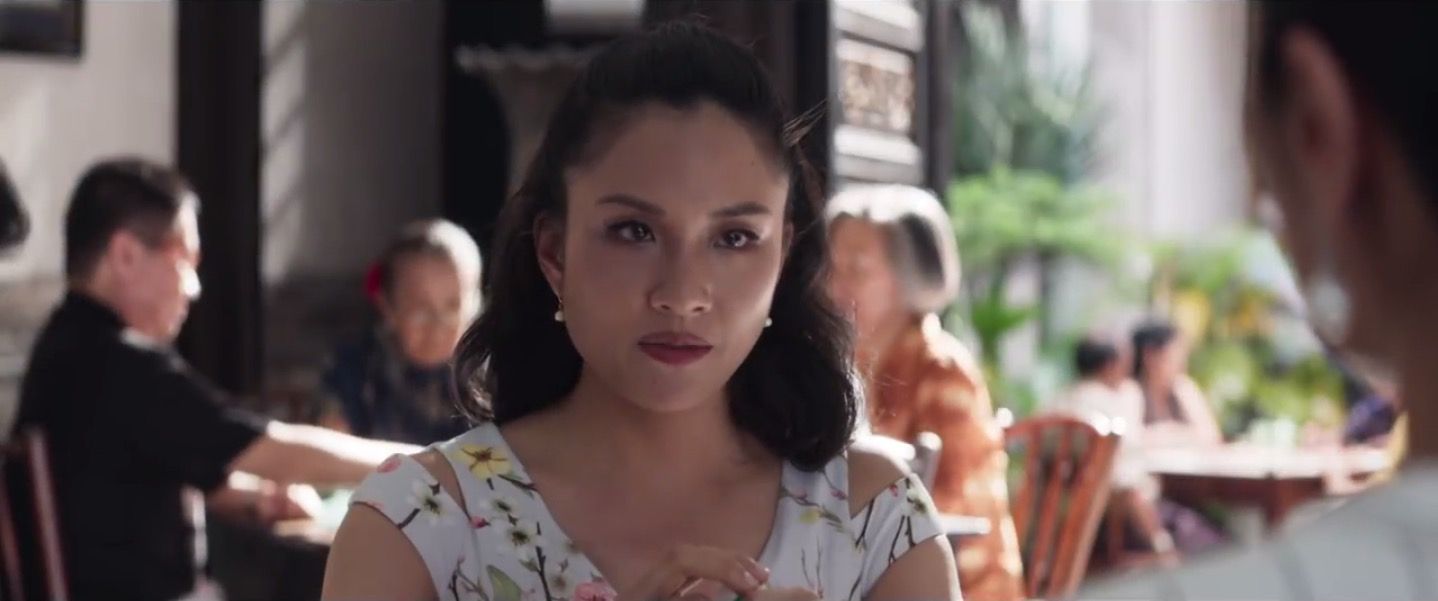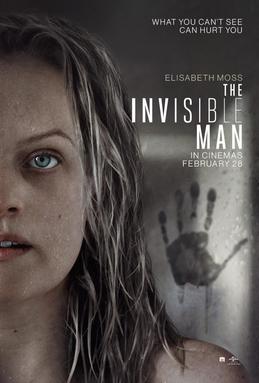
Back in 2018 I played the brand new instalment of the
God of War series, it being my first ever dive into the franchise and I quite enjoyed myself. Well now that I’ve found myself with a lot more free time these days I decided to go back and partake in the original Playstation 2 games of the series to learn more of the franchise's roots. Granted while I knew I could expect a story of a different calibre (To put it kindly) I was quite surprised and the absurd levels of depravity, violence, simplicity and complete immortality that was Kratos the Ghost of Sparta. While yes, I expected it to be a game more shallow in the story but high in the entertainment value, I truly could not have guessed the games would have us play as a literal genocidal maniac and ask us to side with him.
*Spoilers for
God of War 1 & 2*
For a little more context here, I am currently only two games into the original series, I’m taking a break for a chance to play through other classic games and mostly needed a break from the sheer decadence that is this "hero". But I will get to the third one eventually because I am in awe of the pure tenacity Santa Monica Studios got away with over how purely evil Kratos is a character and at no point are we the players meant to criticise or question him, because anyone in the stories who does is swept away rather quickly (and by swept away I mean brutally murdered). This means I absolutely have to know how this story is going to end, it’s maddening. Also know I’m not planning on playing any of the prequels or spin-offs because I don’t frankly care.
Let’s go back to the beginning. Kratos’ backstory sees him as a Captain of a Spartan military, he himself is a violent and skilled warrior who sought to conquer land after land. Unfortunately for him, one battle nearly saw him on the brink of death, and in an act of desperation he begged the god of war Ares to come to his aid, swearing loyalty to the god should he lend him his power. Ares complied, making Kratos stronger than ever and now takes with slaughtering hundreds in the name of Ares with no concern of who or why, until one day when he ended up slaughtering his own wife and child. Now leaving Kratos with unyielding guilt and PTSD he swore to get revenge on Ares no matter what.
This takes us into our first game, where within the opening sequence we see Kratos kill a Hydra that is attacking a ship of innocent sailors, not only does Kratos not have any concern over the sailors, but in some cases even goes out of his way to harm them…for no reason. One sailor gets eaten by the Hydra, Kratos climbs in and steals his key and then procedes to throw this sailor into the Hydra's stomach, killing him. Once this sequence is done we cut to Kratos just having finished a threesome with two beautiful women because even though he’s meant to be a blood-thirsty lunatic who only seeks to kill and is suffering from the trauma of his dead loved ones, still gotta have him bang those chicks because wish-fulfillment I guess. This would in fact feature yet again in the sequel where now you’re an active participant in which it rewards you with health and mana for doing so…classy.
Morality in videogames is not a simple topic, especially considering the majority of games are action based and the implications of your actions go ignored but that’s also because it’s not always relevant. No one ever questions the ethics of Mario stepping on a Goomba for example. But in the case of
God of War, a game that if it wasn’t clear from that prior paragraph has a huge focus on wish-fulfilment, you’re not playing a character, you’re playing a figure you want to be. Kratos lacks most of what would define a personality outside of ‘angry’ and his best defining features particularly from this opening is that he is incredibly powerful, important and a great lay. Granted one might say this is tacky…because it is, there’s nothing intrinsically wrong with wish-fulfilment, especially in videogames where audience participation is an inherent feature, the game doesn’t happen without your input. The choice to have wish-fulfilment take-over distinct characterisation does come across as tacky as an easy investment tool, because why care about a character when you can imagine that’s you(!).
God of War then takes it a step further by not only saying this is you, but you are also a psychopath.
Roughly half the first game takes place in the city of Athens, which is being attacked by Ares and his monsters and you have been tasked by Athena to stop him because well, Kratos wants to kill Ares so why not? Throughout this portion you’ll see many soldiers and innocent civilians be killed by these monsters and at best Kratos has a complete disinterest in their safety, at worse he is an active participant in their deaths, ergo, you are an active participant in their deaths. Two stand out examples for me while playing it is at one point a civilian has raised a bridge to protect himself so no one can get to him, and the game instructs you that the only way to lower the bridge is to kill this scared innocent civilian by shooting a lightning bolt at him. Later on while fighting several trolls in the town square, a multitude of civilians are trapped with you and will get crushed by the trolls, but what you quickly learn is these civilians will produce health for you to regenerate, so the game actively encourages you to take part in the slaughter of this terrified citizens trying to run for their lives after being caught in a war they have no involvement in.
At this point it should be mentioned that Kratos is “technically” not a game original. There is in fact a character in Greek Mythology who shares the name and several distinct characteristics, specially their brute strength and intemperate nature. However that is where their similarities end, their backstories, relationships and tales are completely different. This is because the naming is complete coincidence and they are in fact not connected at all, Stig Asmussen who was a developer on all three games referred to this coincidence as a “happy mistake”. Even if this intentional it wouldn’t matter, this series hasn’t exactly sworn loyalty into accurate retellings of these Greek Myths, its very much an interpretation of these characters, sometimes for the better some for the worse, mostly Athena, she gets completely screwed over in this series.
Moving on to the sequel, where I didn’t think it was possible but they somehow made Kratos even more of a homicidal madman. Now having taken his place as the new god of war (Oh that's where the title comes from!), Kratos continues to send the Spartan army into war after war to conquer lands now in his name-and the irony that he is now doing the exact same thing that lead to Ares tricking him into killing his own family is never mentioned-and the Gods of Olympus believing Kratos is too dangerous to have all this power steal away his abilities and kill him. Kratos being so stubborn he literally comes back from the dead out of spite, also with the help of Gaia who has boobs for some reason (WHY SANTA MONICA? WHY DID YOU GIVE HER BOOBS? SHE’S A FUCKING TITAN, SHE HAS NO USE FOR THEM). Thing is, the rest of the game is then basically proving exactly why the gods were right!
Kratos’ journey in this game sees him travel to the Island of Creation with the goal of having the Sisters of Fate send him back in time to stop Zeus. On that journey he will come across a number of fellow travellers also trying to seek the sisters for help, some of whom become challenges for Kratos, others simply wish to be left on their own, none of this will stop Kratos from killing them all. Including two scholars who pose no threat to Kratos, seek no power of their own but in order to progress on your journey, you have to brutally murder both of them in cold blood. Eventually you gain the powers to travel through time (After killing the Sisters of Fate, because of course) and you then go to fight Zeus, all of a sudden Athena shows up and takes the killing blow from Kratos, letting Zeus escape. Athena, the god of wisdom, craft and warfare was taken out by accident with a single blow, didn’t so much as get a boss fight, told ya she got screwed over in this game. Now I could go on about how this would be representative of some unconcious sexism in the game series, what with every other woman being either dead prior to the story, a sex object or if they are in fact an enemy they’re portrayed as fat ugly monsters so here we have Athena, who is none of those things so they only thing they can do is unceremoniously kill her off…so I think I just did.
Thus the game ends with Kratos teaming up with all of the Titans to bring destruction to Olympus and kill the gods, proving exactly what the gods were worried about and in fact that they were right the entire time. Seriously, how messed up of a person do you have to be to give
Zeus the moral high-ground!?
In case it wasn’t obvious, I am quite taken aback by the abhorrent amounts of cynical, violent, immoral actions that take place within this game that it somehow did a 180 and I cant bring myself to hate it but instead be fascinated by it. It’s beyond comprehension that no one involved in the production of these games ever questioned the implications of what they were making, it’s almost impressive. Then again it could also be softened by the fact the games are simply a lot of fun to play, they’re challenging yet exhilarating and offers plenty of variety. I will certainly be getting round to the third instalment at some point because I am highly curious to see how it ends and if this debauchery will go any further.
At the end of the day these are games and the gameplay is always going to matter more than the story being told. It also certainly makes me appreciate the newest instalment much more, it’s no longer just a technical masterpiece with beautiful visuals, stellar gameplay mechanics and an incredibly talented cast. It now actually has brought some nuance and thought to the series, actually critiquing our protagonist and showing a more complex side and telling a difficult story that tells us that maybe we shouldn’t like this person. Because we really fucking shouldn’t.
-Danny
 There’s an interesting blend of formula and concept here. Uncorked very much plays out like a typical narrative, a young man with a dream that’s outside of his comfort zone, the struggles he goes through to achieve it including going against the family business and the conflicts that ensues. All of the hardships and training to be better to achieve their goal as well as better themselves as a person. This is usually the narrative for a majority of sports films and to an extent coming of age films, and yet in this regard the film is about wine tasting.
There’s an interesting blend of formula and concept here. Uncorked very much plays out like a typical narrative, a young man with a dream that’s outside of his comfort zone, the struggles he goes through to achieve it including going against the family business and the conflicts that ensues. All of the hardships and training to be better to achieve their goal as well as better themselves as a person. This is usually the narrative for a majority of sports films and to an extent coming of age films, and yet in this regard the film is about wine tasting.







